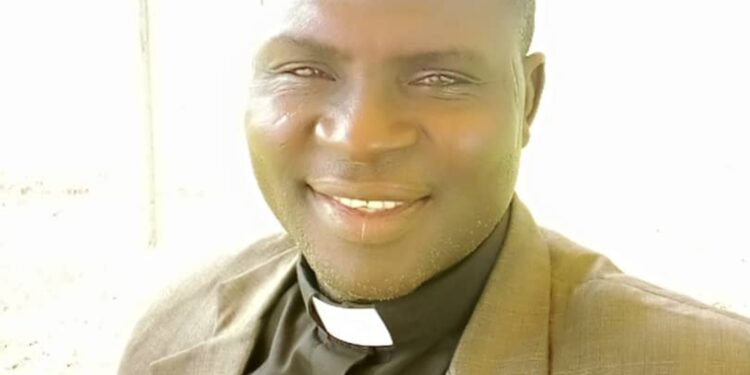The Christian Association of Nigeria (CAN) in Keana Local Government Area has expressed strong opposition to what it describes as “divisive and suppressive politics” by the ruling All Progressives Congress (APC) in Nasarawa State.
The condemnation follows the recent consensus reached among APC stakeholders to select candidates for the upcoming local government elections scheduled for November 2.
In a statement made on Saturday, Reverend Dr. Michael Maikarfi, Chairman of CAN in Keana LGA, voiced concerns about the lack of representation for the Christian community in the consensus candidates.
He highlighted that all the selected candidates for the positions of Chairman, Deputy Chairman, and Councilors across the ten electoral wards in Keana LGA are Muslim, a situation he labeled as “unacceptable.”
“This is a deliberate and dangerous attempt to divide the people along religious lines,” Dr. Maikarfi asserted. He urged APC stakeholders to reconsider their decision, emphasizing the need for inclusivity in the electoral process.
The CAN Chairman also called upon key political figures, including the Honourable Commissioner for Keana LGA, Princess Margaret Itake Elayo, and Member of the House of Assembly, Hon. Mohammed A. Omadefu, to intervene and address the growing concern within the community.
Dr. Maikarfi characterized the political landscape in Nasarawa State as unfortunate, particularly noting that the main opposition party, the Peoples Democratic Party (PDP), along with other parties, has opted not to field candidates for the upcoming elections.
He attributed this trend to previous instances where the PDP allegedly won elections in various LGAs but was denied its rightful mandate.
CAN has urged the State Government, security agencies, and all stakeholders to ensure a fair electoral process, advocating for a level playing field for all participants in the elections.
In closing, Dr. Maikarfi called on citizens to engage in prayer and active participation to foster peace and ensure successful local government elections on November 2.











